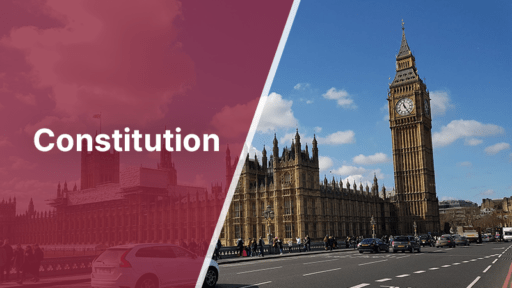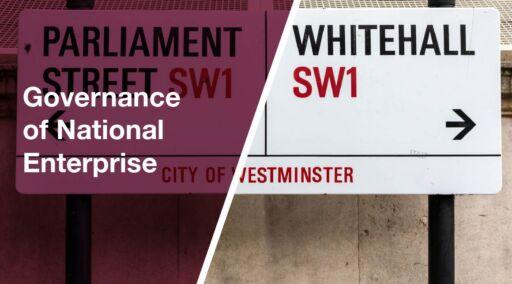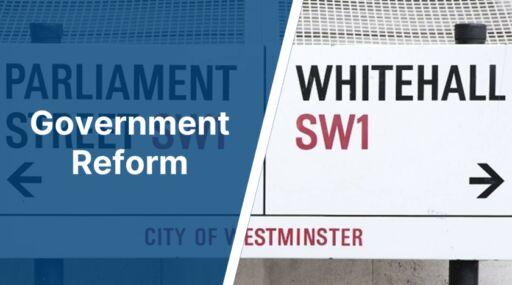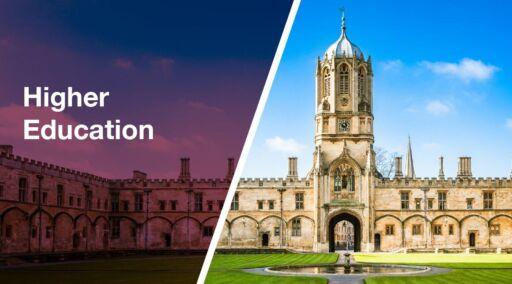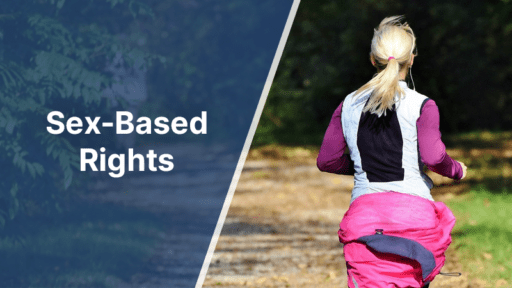Schools
A thriving democracy depends upon an informed people: able to reason well, feel part of society, contribute to the economy, and live the fullest life possible. Children must be taught what they need for their chosen course in life, rather than corralled into academic courses which do not allow them to maximise their personal progress. We require both excellence in academic education and increased opportunities for technical education.
POLICY PLEDGES:
Technical and vocational
- Schools will provide more options for those who are best suited to vocational and technical programmes, as well as academic courses. This means increasing the number of students doing BTEC programmes and increasing access for students to move into employment through this pathway.
- Outside English and Mathematics, school assessments will accord the same value to technical and vocational courses as to academic subjects, provided that a healthy balance of both technical and academic courses is offered.
- Employers who take on a graduate apprentice from a technical school / BTEC programme at the age of 16 will receive a rebate of 25% of the first year’s wages for that employee. Employers who take on a school leaver without a basic qualification will be rebated 75% of the apprenticeship wage for two years, subject to a suitable training programme.
- Suitable technical courses (equivalent to the current BTEC Level 3 at age 18) will be the normal requirement for acceptance into paid on-job training for public sector roles such as nursing and policing, which presently require degree courses.
Academic and general
- New grammar schools will be established across the country in regional towns with relative disadvantage. Students will be admitted to these via examination and teacher assessment at KS3 (age 14).
- Free school meals will be provided to all state school educated children during term time only.
- We will reinforce the teaching of British history, politics, geography and literature up to GCSE level. Teaching in humanities subjects will be balanced and honest, and reflect Britain’s important contribution to the world in the context of its time. Teachers will avoid advocacy of unorthodox or sectarian agendas.
- A new subject, Wellness, will be introduced to the national curriculum in place of the current PHSE. This will instruct students in good psychological and lifestyle habits, including nutritional and physical fitness goals, money management, home economics, cyberhealth, self-control, good manners, the destructiveness of drugs etc.
- We will widen existing pathways for experienced people with relevant experience to come into teaching via a six-month on-job training probationary programme. A CV with significant life experience and demonstrated subject mastery will be required.
- A national programme of resources and online support will be developed for parents who wish to home-school their children. Children who are home-schooled will sit invigilated key stage examinations and undergo safeguarding and socialisation checks at the appropriate ages.
- Arbitrary limits on school exclusions will be scrapped. Students who are excluded for persistent disruptive behaviour will attend specialist schools where additional psychological and parenting support will be provided.




